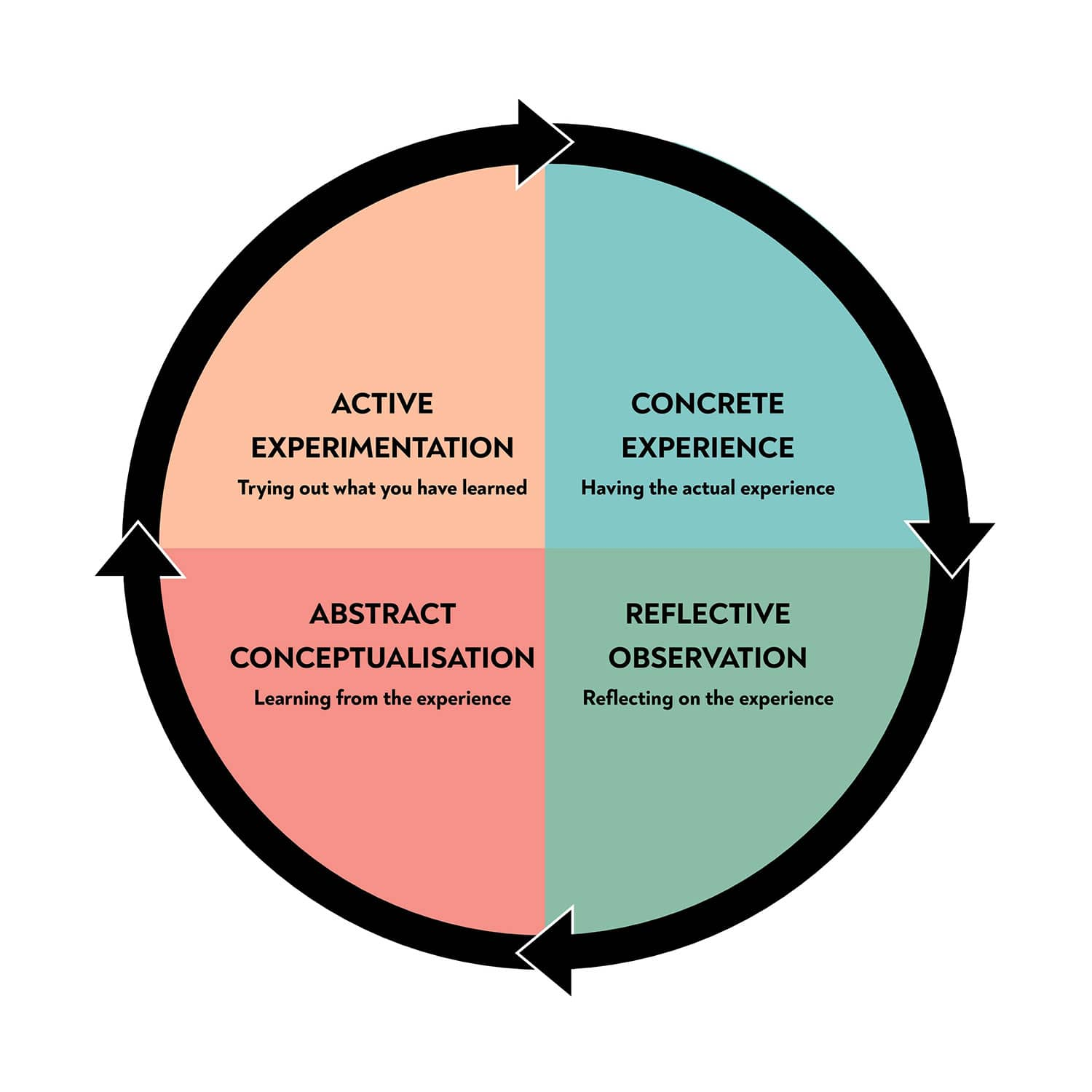S1- Final Draft for feedback (Critical Thinking and Reflective Practice)

STUDENT NUMBER – 436246 STUDENT NAME – DESISLAVA MUTKUROVA MODUL TITLE - Critical Thinking and Reflective Practice MODULE CODE – HSC4001-20 ASSIGNMENT NAME – S1. Critical Reflective Blog WORD COUNT - 1500 Theories and Models of Reflection The idea behind reflection theory is that our understanding reflects the 'real world.' There are various interpretations of reflection theory. John Locke developed empiricist reflection theory, which asserted that we have knowledge of the world because our ideas resemble (or reflect) the objects that give rise to them The Kolb learning cycle and the Honey and Mumford model are two models of reflective practice. David Kolb created the Kolb learning model in 1984. Kolb's experiential learning theory and Kolb's learning styles inventory were promoted in the model. Based on a four-stage learning cycle, there are four distinct learning styles. The Kolb mo...
